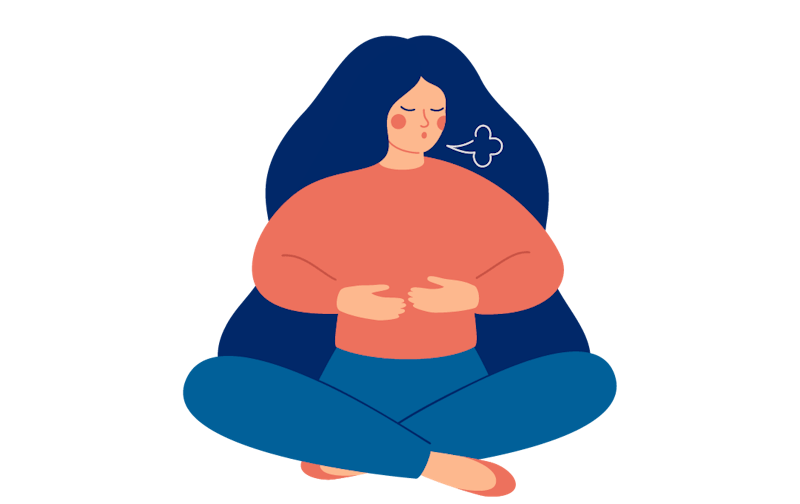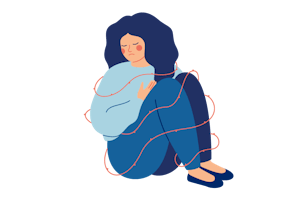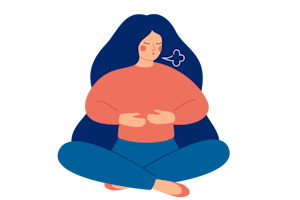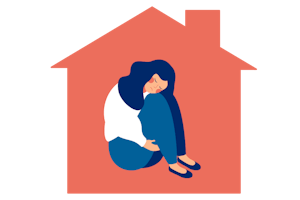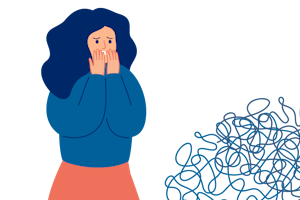What happens in the brain?
When we feel threatened, the body's automatic and unconscious defences take over.
The smoke detectors go off
There are two places in the brain responsible for sensing danger and preparing the body to fight or run away from the danger. These places are the amygdala, and they can be compared to two smoke detectors that beep when they detect smoke and thus let you know that you are in danger.
All systems will be operational
When the smoke detectors go off, stress hormones are released into the body to prepare it to deal with this danger.
Physical reactions include, for example, shallower and faster breathing, sweaty palms and an increased heart rate. The blood rushes to the limbs, our voice may change, the throat tightens, the jaw becomes stiff, and some people become red in the cheeks.
The ability to make good decisions decreases
In this state, the neural pathways responsible for making complex decisions are shut down. We stop being able to see things from multiple angles, to use logic and make informed decisions. Our memory also fails us, and we stop being able to recall memories that help us calm down.
Nothing gets through except the noise in the smoke detectors. The automatic defence response in the nervous system takes over and tells us that we are in danger.
